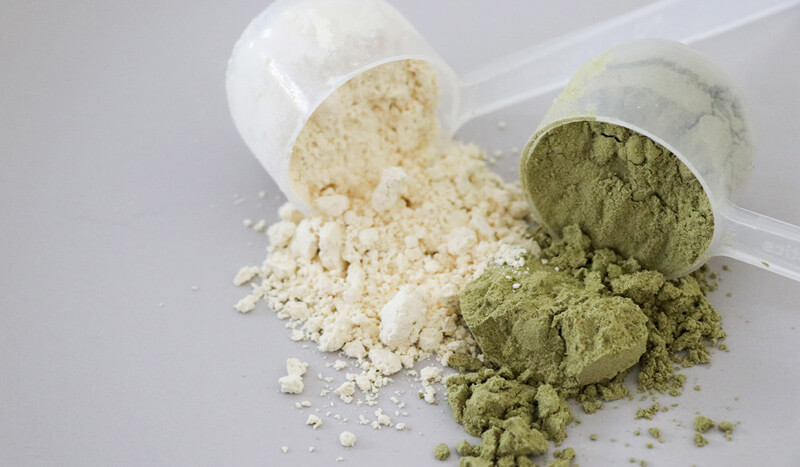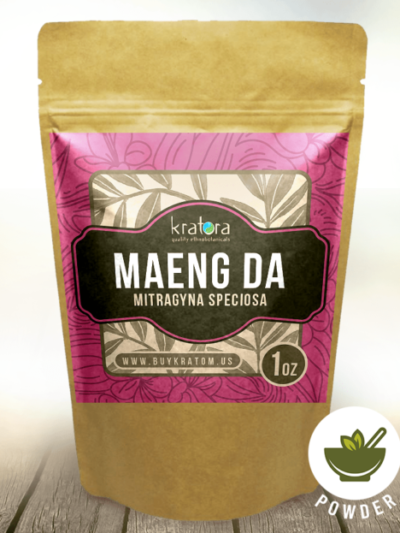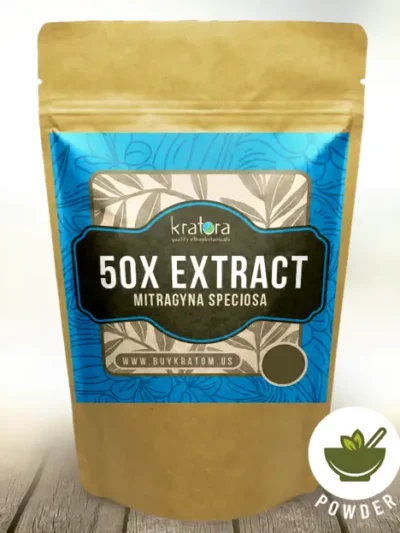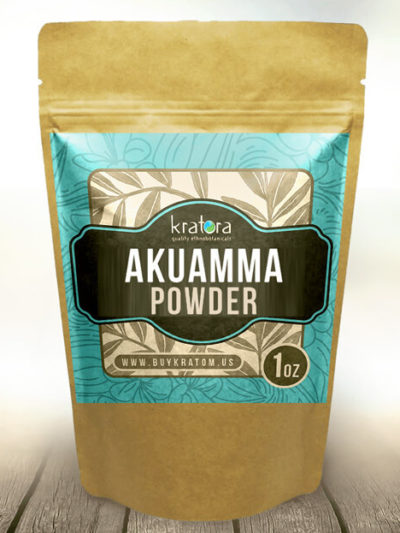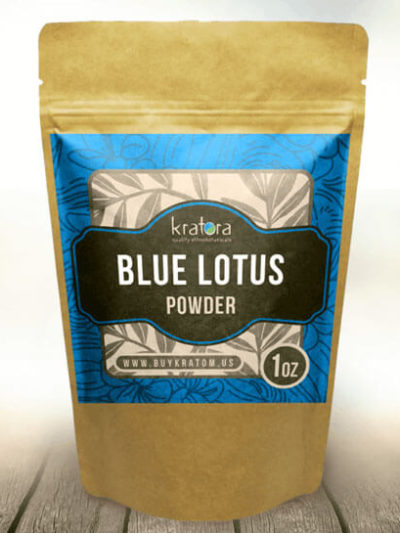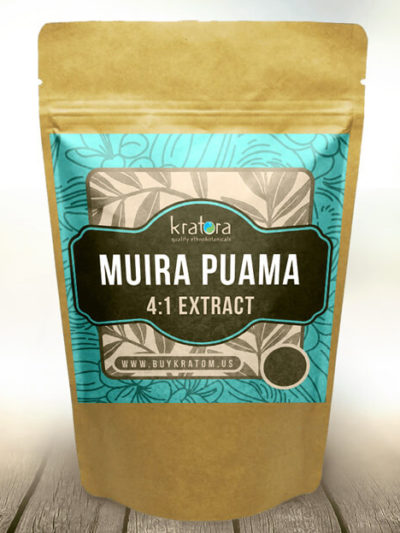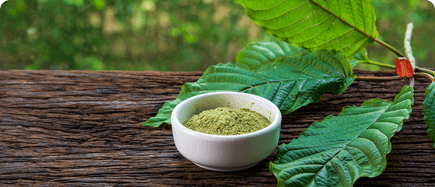For centuries, humans have relied on various incarnations of medicine to alleviate health problems and chronic conditions. From folk medicine to holistic living and homeopathy, changing trends in medicinal theory have produced numerous branches of medicine throughout history.
Today, most civilizations emphasize medical solutions that are backed by science; however, when modern medicine fails to provide answers, many people turn to the alternative health and a holistic view of health for answers.
What is “Complementary Medicine?”
Complementary medicine refers to adjunct health practices that enhance the quality and effectiveness of standard medical treatment. Likely that you’re already familiar with some complementary medicines, such as homeopathy, naturopathy, acupuncture, or herbal dietary supplements. However, it should be noted that these health practices aren’t designed to replace standard medical treatment: instead, they serve as supplementary measures.
Some complementary medicines, such as Chinese medicine, are thousands of years old. People often seek out these alternative health practices to address chronic, unresolved health issues or enhance their general wellbeing when standard healthcare protocol isn’t providing solutions. That said, the effectiveness of these complementary medicine practices isn’t always guaranteed, and in some cases, there’s a lack of supportive scientific evidence.
Naturopathy
Naturopathy is a form of holistic health care, meaning that practitioners address each factor of a patient’s health rather than one in particular. Generally, naturopathy promotes wellness through homeopathics, nutritional supplements, counseling, and diet and lifestyle changes.
Process
An initial naturopathic consultation usually involves a patient-doctor interview in which the patient describes their lifestyle, diet, and emotional state as well as the health problems they’re experiencing. From here, naturopathic doctors will create a personalized, multi-faceted alternative health plan for the patient that may involve specific supplements, minor surgeries, or treatments.
Benefits
In contrast to modern medicine, many naturopaths advise against conventional treatments like surgeries and pharmaceutical drugs. Instead, they may prescribe a regimen of specific vitamins or minerals to promote wellness from within.
For instance, a patient complaining of fatigue, irritability, and an inability to focus might be told to “rest” by a general practitioner. In contrast, a naturopathic doctor might make the same recommendation, but also prescribe an adrenal support supplement containing an “adaptogenic” blend of herbs. In many cases, these vitamins and alternative health supplements can provide additional supportive care and speed recovery when used in conjunction with modern medicine.
Acupuncture
Acupuncture is a subcategory of traditional Chinese medicine that may have originated as early as 100 BC. The practice spread to Korea, Japan, and then Europe before arriving in the western world in the 1900s, where it retains strong popularity among Americans and Canadians.
Process
As a holistic health care practice, acupuncture involves inserting thin needles into specific points in the body to relieve pain, discomfort, and anxiety. Generally, practitioners will insert between 5 and 25 needles into a patient in a single session. To maximize the effectiveness of treatment, inserted needles remain in place for up to twenty minutes. Sometimes, acupuncture practitioners — often referred to as “acupuncturists” — will also employ the use of heat and pressure during their sessions.
Most stainless steel acupuncture needles are discarded after a single use to prevent the spread of disease and contamination. However, reusable needles can be used if they are properly sterilized between sessions.
Effectiveness
Despite existing for thousands of years, acupuncture’s efficacy has yet to be verified by research. As a result, acupuncture is commonly regarded as an alternative health practice that can be used in conjunction with standard medical treatment, but not as a replacement.
That said, some studies have concluded that acupuncture may be beneficial for patients in specific instances. In a systematic review published in 2017, researchers found that acupuncture used in conjunction with conventional treatment was effective at relieving chronic neck pain. The same authors also noted that “electroacupuncture relieved pain even more,” but conceded that more larger-scale studies would be necessary to make definitive conclusions.
Herbal Supplements
Plants have played an integral role in holistic health care for centuries. Many of today’s medicines feature plant-based ingredients or are derived from plants, such as aspirin and codeine.
However, where conventional medicine selectively utilizes plant-based drugs, herbal medicine (or phytomedicine) emphasizes the use of many plant-based supplements to treat various symptoms and chronic conditions. That being said, herbal medicine is widely regarded as an alternative health practice due to a lack of convincing research.
Benefits & Advantages
Although effective, pharmaceutical drugs and conventional medical treatments can be unaffordable for many people, even in the developed world. In these cases, herbal medicines and supplements can be a cost-effective alternative. Some herbal medicines can even be grown and/or harvested by the user.
That said, unlike pharmaceutical drugs, which undergo lengthy and thorough testing phases before entering the market, herbal medicines are often sold without the support of evidence-based research or clinical trials.
Still, research has proven that some alternative health herbs are reliably effective:
- Garlic is a well-established antibacterial and antifungal
- Certain teas (such as black and green teas) can alleviate fatigue via their caffeine content
- St John’s wort — botanical name Hypericum perforatum — has been found to be more effective than placebo and as effective as antidepressant medications for treating depression
- Kratom, the ground leaves of the Southeast Asian plant Mitragyna speciosa, possesses prominent soothing and relaxing properties
Ultimately, herbal medicine and herbal supplements can be beneficial, especially if used in conjunction with modern medicine. However, given the lack of research regarding the safety and efficacy of alternative health herbs, one should conduct thorough research or seek the advice of a professional practitioner to avoid the risk of adverse effects.
Chiropractic
Chiropractic is a holistic health care practice that focuses on promoting wellness through manipulation of the body. Chiropractors actively work to correct vertical subluxations — or misalignments of the spine — which they believe are often the root cause of imbalances and musculoskeletal pain.
Chiropractic was founded in 1985 by Canadian-American Daniel David Palmer. Originally, chiropractic treatment defined itself as a medicine that could treat muscular and spinal pain as well as cure many diseases. However, most modern chiropractors have rejected this definition and view the practice as an alternative healthcare methodology for primarily treating musculoskeletal issues.
Process
Usually, each chiropractic session begins with a consultation. The patient explains their symptoms to the chiropractor, who takes notes and bodily measurements to assess the positioning of the spine.
From here, a chiropractor will usually elect to “adjust” the patient using “dynamic thrusts,” a sudden push performed with the hands that attempts to correct internal misalignments at specific points in the body. If patients find that manual adjustments are too invasive or aggressive, some contemporary chiropractors will often elect to use chiropractic tools. These tools, such as spring-loaded “activators,” can be used to achieve similar results without the need for physical force.
While chiropractic is a specialized alternative healthcare practice, the exact techniques, tools, and instruments used in chiropractic care can vary from one practitioner to the next.
Benefits
Although the efficacy of chiropractic has been heavily contested, some research shows that chiropractic treatment can be effective for specific types of chronic pain. In particular, some studies have demonstrated that chiropractic treatment can reduce lower back pain, neck pain, and headaches.
In a scientific review published in 2016, the authors concluded that “chiropractic care for [lower back pain] appears to be equally effective as physical therapy.” A separate study published in 2011 reviewed the viability of several holistic health care and alternative healthcare practices for migraine prevention. The authors concluded that chiropractic spinal manipulative therapy (SMT) might be as effective for migraine prevention as the medications propranolol and topiramate.
How Complementary Medicine Can Help
While research asserts that complementary medicine isn’t a replacement for conventional medicine, a combination of the two can promote wellness and recovery from chronic conditions.
With the help of skilled practitioners, each branch of complementary medicine can help patients address the oversights of modern medicine protocols. For instance, an herbal or vitamin supplement could help speed a patient’s recovery after receiving a standard medical procedure. In other cases where patients are allergic to specific medications or are unable to undergo select treatments, various alternative healthcare practices might be viable substitutes.
That said, the lack of evidence-based research surrounding complementary medicine ultimately places the onus on patients to determine which alternative treatments are best-suited to them and their needs. If you’re interested in exploring your options, we recommend consulting your general practitioner or physician for more information about complementary medicine.
Order High-Quality Botanicals Online at Kratora
At Kratora, we offer a wide selection of nature’s most remarkable botanicals. From premium-grade kratom powders and kratom extracts to lesser-known ethnobotanicals like Muira Puama, our diverse inventory is sure to have something for everyone.
-
Energy
Maeng Da Kratom Powder
From $12.99 Shop Now This product has multiple variants. The options may be chosen on the product page -
Relaxing
50x Extract Kratom Powder
From $27.99 Shop Now This product has multiple variants. The options may be chosen on the product page -
Relaxing
Akuamma Powder
From $10.99 Shop Now This product has multiple variants. The options may be chosen on the product page -
Sale!
Body and Mind
Blue Lotus Powder
From $8.99 Shop Now This product has multiple variants. The options may be chosen on the product page -
Out of Stock
Body and MindMuira Puama 4:1 extract
From $5.99 Shop Now This product has multiple variants. The options may be chosen on the product page
Shop with us today to receive same-day shipping on orders submitted before 3 PM EST Monday through Friday and 1 PM EST on Saturdays (excluding holidays).
Please note that none of the products sold on our website are intended to diagnose, treat, cure, or prevent any disease or medical condition.
Want to learn more about kratom quality and value? Start here:
Why Buying Cheap Kratom Can Be Dangerous


